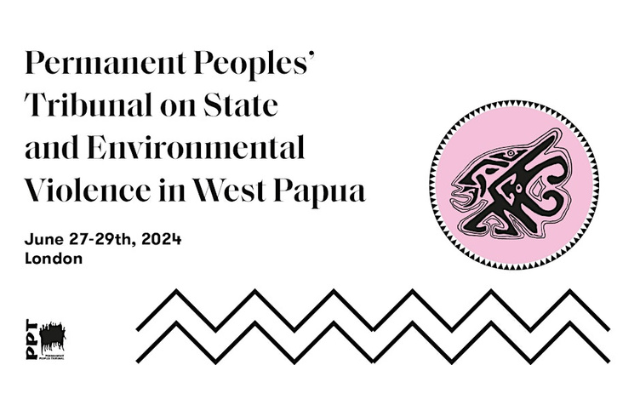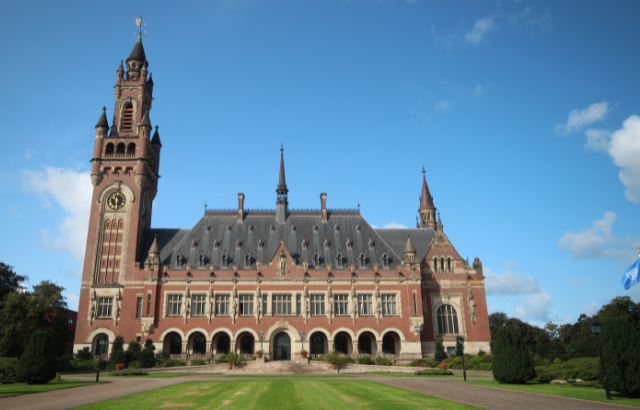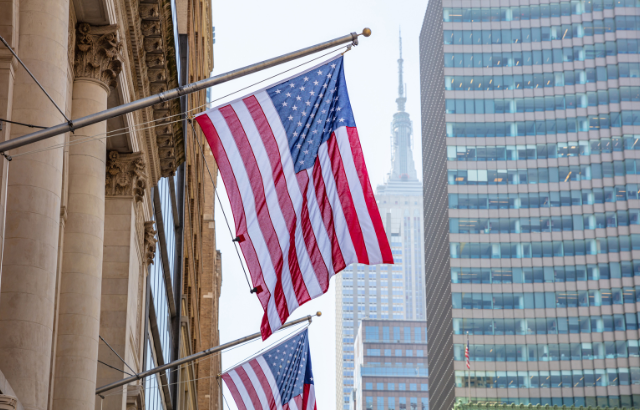Why We are Hosting a Permanent Peoples’ Tribunal on West Papua
David Whyte, Director of the Centre for Climate Crime and Climate Justice at Queen Mary University of London explains why the Centre is organising and hosting a Permanent Peoples’ Tribunal on West Papua

Not many people in this country have heard of West Papua; fewer still could point to it on a map. So why would a London university host a major inquiry into military conflict and industrial development in this obscure and seemingly insignificant part of the world?
The answer lies, paradoxically, in West Papua’s huge significance to London and to the world.
The London-based BP is a major beneficiary of liquid natural gas in West Papua; the company runs the Tangguh facility that supplies 35% of Indonesia’s gas. London-based Unilever is one of the world’s largest buyers of palm oil and much of it is sourced from Indonesia, the worlds largest exporter (West Papua is undergoing rapid expansion of palm oil). A large part of the region’s huge gold, copper and other metal reserves – the Grasberg mine has the world’s largest gold reserves and the second largest copper reserves - are traded in London.
This is one reason why the London-based Centre for Climate Crime and Climate Justice will host a Permanent Peoples’ Tribunal on State and Environmental Violence in West Papua from June 27th to 29th.
A second reason is that it is our mission to expose the political and economic actors that through their actions are exacerbating the climate crisis. West Papua is home to the world's third-largest rainforest, and because of the acceleration of industrial development, it is, just like the Amazon, under threat. There is no need to explain why the protection of such a hugely important rainforest is necessary for the future of all of us. But we do need to explain the political and economic dynamics that result in the destruction of the forest.
Local opposition to palm oil, mining and the development of oil and gas has been the subject of brutal response that involves both the state security forces in the region and the corporations involved in extracting West Papua’s resources.
Amnesty International will give evidence at the Tribunal of numerous cases of torture, unlawful detention and other serious human rights violations. Between January 2018 and March 2024 it has documented 81 suspected incidents of unlawful killings by members of the security forces, involving 131 victims, among which 129 were Indigenous Papuans Amnesty International recorded at least 81 suspected incidents of unlawful killings by members of the security forces, involving 131 victims, among which 129 were Indigenous Papuans. Amnesty International also acknowledges that there are likely to be many more undocumented cases.
According to the World Council of Churches, an estimated 76,919 people are currently internally displaced as a result of the ongoing conflict. And they have no access to aid or assistance from the UN.
The source of the ongoing conflict in West Papua can be traced back to the forcible transfer of the region from the former colonial power, the Netherlands, to Indonesia in the mid sixties. The legitimacy of the democratic process underpinning the transfer – often referred to as the ‘gunpoint referendum’ – has never been accepted by Papuans, many of whom claim the right to self-determination.
And so we now find West Papua the site of a seemingly never-ending conflict in which the claim to self-determination of Papuans is inseparable from their claim to ancestral land, and from their opposition to predatory development for profit.
The Permanent Peoples’ Tribunal is an international ‘opinion tribunal’ that assembles panels of judges to rule on any serious crime committed to the detriment of peoples and minorities. The Tribunal’s origins are in the Russell Tribunals on Vietnam (1966-67) and on the dictatorships in Latin America (1973-76); it was created as a permanent institution devoted to exposing serious crimes that the international community has not adequately responded to.
It not a court of law and it will not offer any legal remedy to the people of West Papua. But it will provide a platform for people in West Papua to speak out about the brutal violence that has been waged against them. And it is fitting that we will do this in the city that harbours much of the profit from the environmental destruction of West Papua.
Event Details:
Permanent Peoples’ Tribunal on State and Environmental Violence in West Papua
June 27 · 9am - June 29 5pm GMT+1 | Collette Bowe & Martin Harris rooms, Queens' Building Queen Mary University of London Mile End Road E1 4NS - for more information and booking visit the Eventbrite page here: https://bit.ly/3XMkbG2
Related items

31 October 2024

